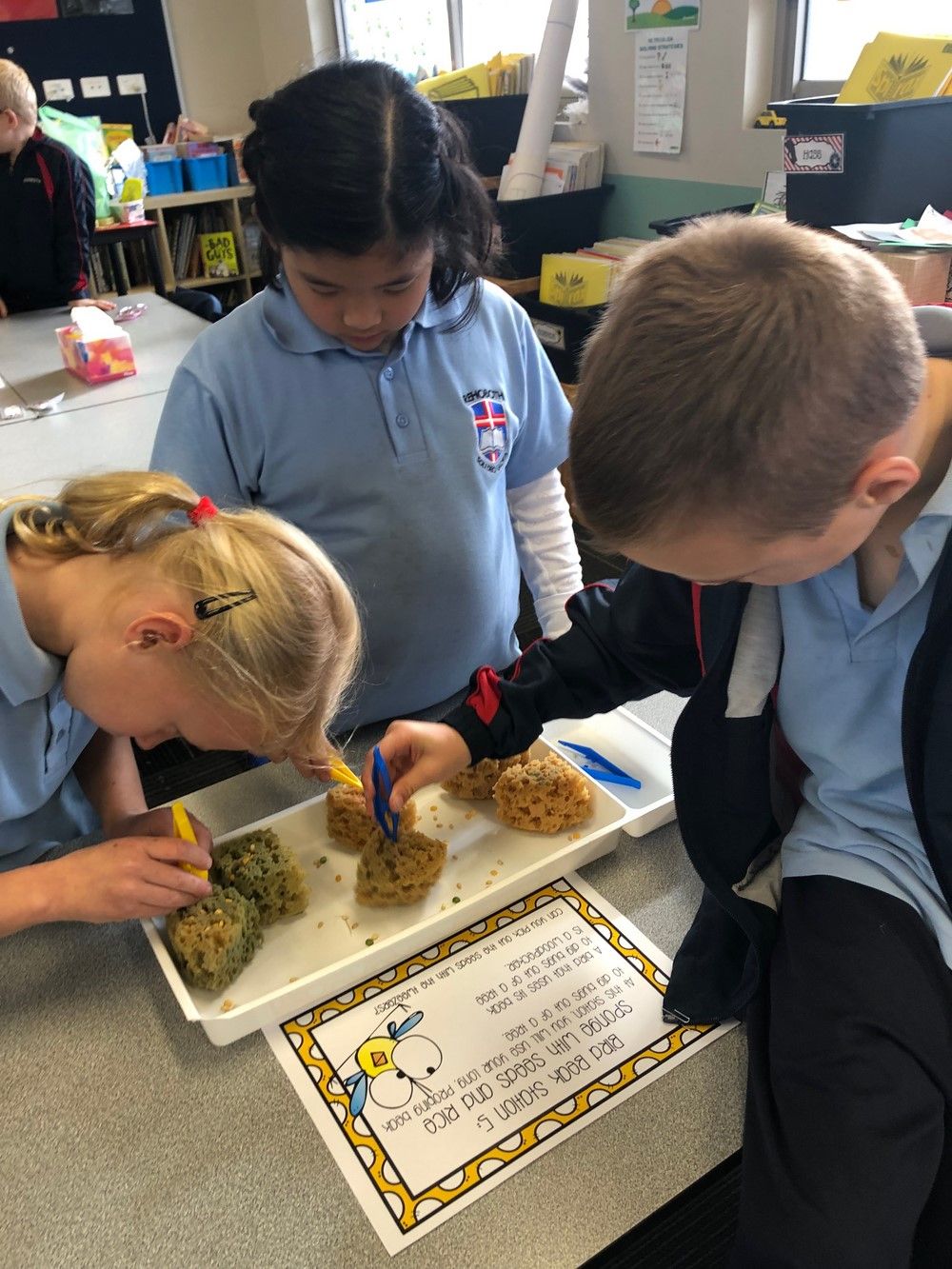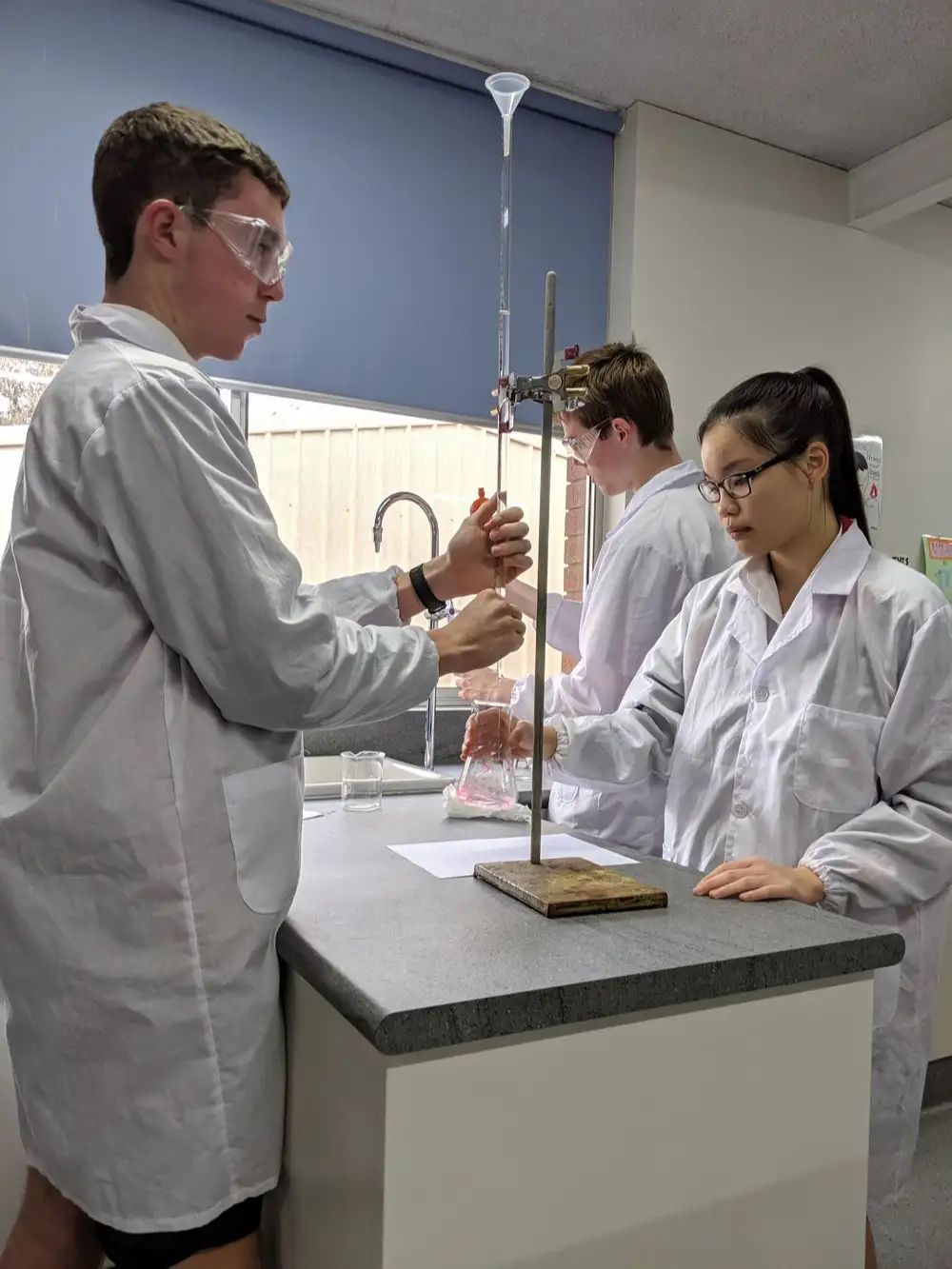As we are in the middle of the first Semester Exams, I thought it would be wise to complete the theme of exams (particularly as Year 11s are now underway and this will be followed by the Year 7-10 exams). Exams are not a situation we confront often, so it is good to be prepared in case something goes wrong.
What Should You Do if Things go Wrong?
Panic Attacks
Symptoms include accelerated heart-beat, increase in breathing rate, sweating, uncontrollable shaking, and a feeling of anxiety.
- Prepare yourself so thoroughly that there is little chance of uncertainties creeping in to create panic.
- Recognise the onset of panic and know what to do. Think about breathing long, slow deep breaths. Think positive. You know you’re prepared. You know you can pass. And pray. God says, “I’ll never leave you nor forsake you.” (Hebrews 13:5)
Memory blocks
Everyone has an occasional memory block. You know the information is in there, but you just can’t recall it.
- Don’t panic. Relax. Think back over your notes. Try to remember other facts associated with the point that you are trying to remember. If it doesn’t come, leave it and return to the question later.
- Thorough preparation is the best way to prevent memory blocks; they usually come out of last minute cramming.
Writer’s cramp
- Your writing hand aches dreadfully and it feels like you can’t continue to write.
- Practicing writing past exam papers helps to improve your ability to writing quite quickly. Practice doing this in a fixed time period (against the clock), so that you get used to working quickly. This also helps build up your hand muscles.
- During the exam, take frequent short breaks, and allow your hand to dangle limply by your side.
- Mild shaking, and alternate contracting and relaxing of your hand also helps.
Physical fatigue
If you have been working very hard in the lead up to the exams, and extending study time into sleep time, fatigue may well become a problem.
- Obtain adequate and regular sleep and pay careful attention to your diet.
- Sufficient daily exercise in the lead up to the exams is important.
- During the exam, occasionally stretch your arms, neck, back and legs.
Tip: Problems are best dealt with by prevention, so start your exam preparation early – prepare and practice.
Exam checklist
- Do you have an exam strategy? Have you worked out how much time to spend on each part?
- Do you know what to do if something goes wrong?
Tip: NEVER, NEVER, NEVER leave an exam early. There is ALWAYS something more that you can do.
What NOT to do in Exams
- Do NOT re-write the question on the answer sheet, but DO remember to write the number of the question you are tackling in the margin.
- Do NOT use liquid paper (takes too long to dry). Simply PUT a line through your mistakes and go on.
- Do NOT leave the exam room early (EVEN if you are allowed to). When you have finished, check back through multiple-choice selections and whether you have answered the question. Guess any multiple-choice answers that you don’t know at the end of the exam, but try to eliminate the alternatives that are definitely wrong first. Double check the instructions. Proofread your extended answers. Have you answered the relevant number of questions? Do you have anything that you can add?
Tip: If you are going to achieve excellence in big things, you need to develop the habit in little matters.
This excerpt is taken from the Rehoboth Christian College Handbook “How to Achieve Excellence” – Year 11 and 12 Study Guide, 3rd Edition. Copies are available from the Secondary Office, upon request or at the link below
How to Achieve Excellence – Year 11 and 12 Study Guide (3rd Ed)








